From Femi Folaranmi, Yenagoa
The Nigerian Content Development and Monitoring Board (NCDMB) has declared that the three Executive Orders issued by President Bola Tinubu on the oil and gas industry in March 2024 did not erode the relevance of the Nigerian Oil and Gas Industry Content Development (NOGICD) Act on the operations of the oil and gas industry.
The three Executive Orders are the Presidential Directive on Local Content Compliance, the Presidential Directive on Reduction of Petroleum Sector Contracting Cost and Timelines, and the Presidential Directive on Oil and Gas Companies (Tax Incentives, Exemption, Remission, etc.).
The government agency stated this as one of its key messages at the Local Content Masterclass and panel discussion, held on Monday at the African Energy Week, which started in Cape Town, South Africa.
Discussions at the panel highlighted Nigeria’s local content milestones and processes, provided local lessons for other African oil and gas-producing countries, clarified misconceptions, and positioned Nigeria’s oil and gas industry for investment.
The panellists included the Director of Capacity Building, Engr Abayomi Bamidele, General Manager, Monitoring and Evaluation; Mr Silas Omomehin Ajimijaye, General Manager, Nigerian Content Development Fund (NCDF); Ms Fateemah Mohammed, and the session was moderated by the General Manager, Corporate Communications, NCDMB, Dr Obinna Ezeobi.
Giving insight into the Presidential Directives, Engr Bamidele observed that some oil and gas stakeholders grossly misinterpreted the Presidential Directives to mean that the NOGICD Act had been relegated or sidestepped, and they no longer need to comply with the provisions of the law.
“The Special Adviser to the President on Energy had to clarify that the Presidential Directives did not set aside local content. They only mandated that existing capacities must be patronised and middlemen must be excluded from the contracting process.”
Bamidele confirmed that NCDMB had streamlined its contracting strategies to align with the Presidential Directives, collapsed its touchpoints in the contract approval process from 9 to 5, thereby contributing to shortening the industry’s contracting cycle, reducing the cost of projects, and catalysing new oil and gas projects from operating oil and gas companies.
He announced that qualified international service companies can now be awarded the Nigerian Content Equipment Certificates (NCEC), to facilitate their direct participation in deepwater operations in the Nigerian oil and gas industry, as provided in the NOGICD Act. While making his comments, the General Manager of Monitoring and Evaluation, Mr Silas Omomehin Ajimijaye, outlined the robust mechanism the Board deploys in monitoring companies’ execution of oil and gas projects, ensuring compliance with the provisions of the NOGICD Act, and retaining significant value in the economy.
In her contributions, the General Manager, NCDF, Fateemah Mohammed, explained that the Nigerian Content Intervention Fund is a dedicated finance scheme that provides single-digit financing to Nigerian service companies, enabling them to grow capacities and play key roles in the oil and gas industry.
Giving insight into the seven products of the NCI Fund, she dwelt on the Community Contractors Fund, which is a N50bn finance scheme designed for contractors in local communities, whereby they can access up to N100 million, at single-digit interest to execute contracts in the oil and gas industry and grow the local economy. Another unique product is the US$20 million Women in Oil and Gas Intervention Fund managed by the Nigeria-Export-Import Bank, which deepens the capacities and capabilities of women entrepreneurs and industrialists to participate fully in the Nigerian oil and gas industry.



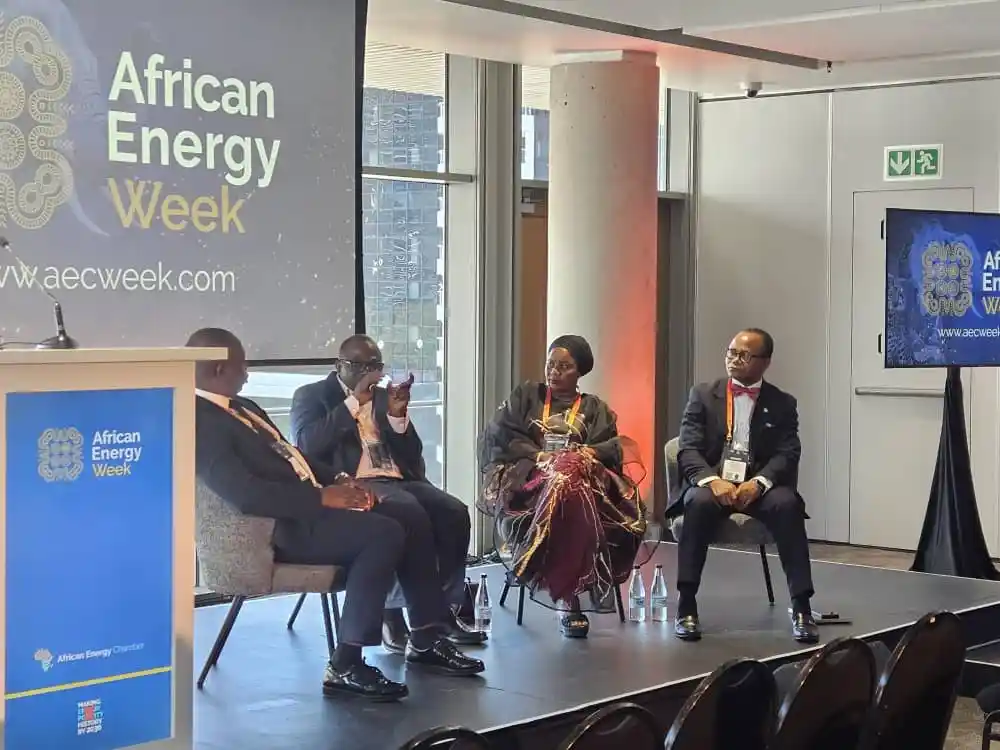





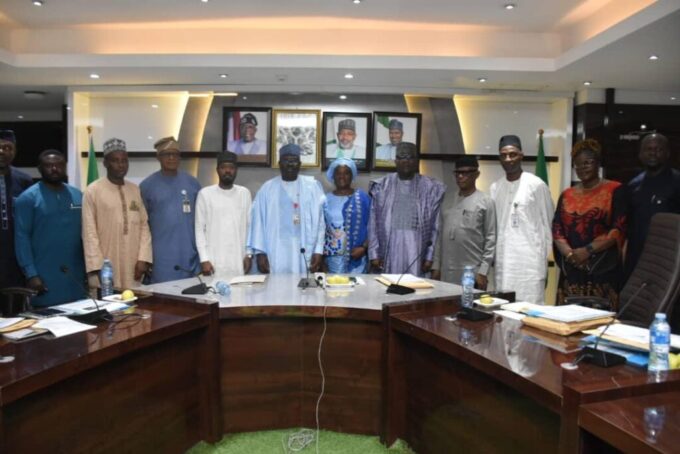
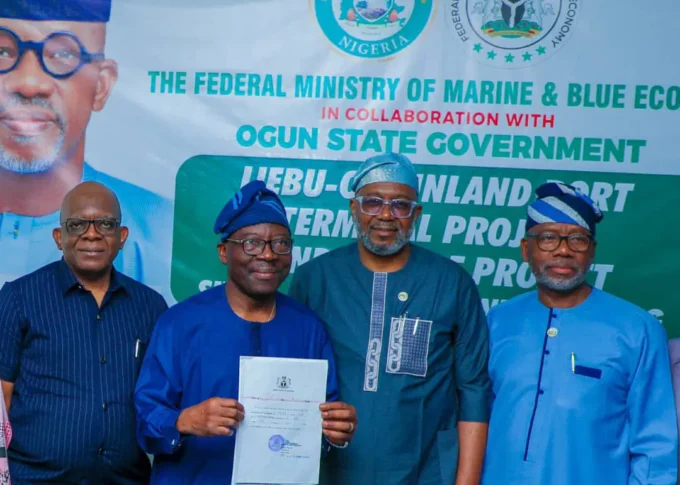
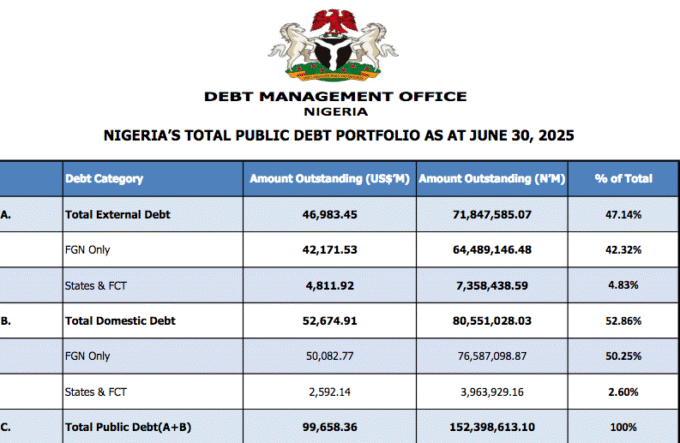
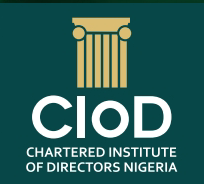


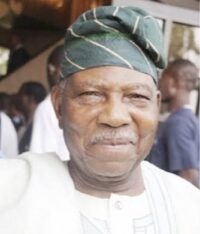


Leave a comment